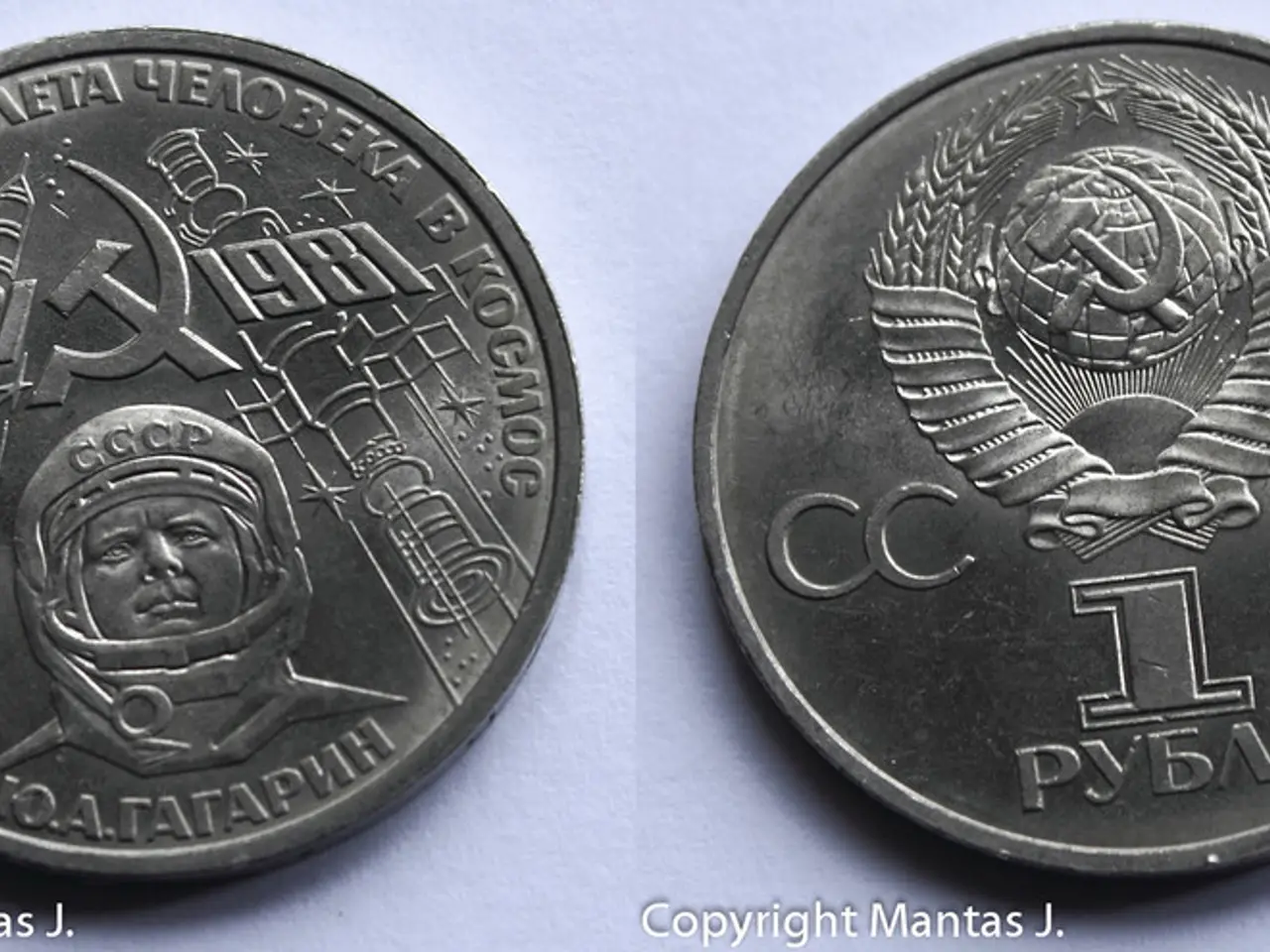ECB's Digital Euro Project Divides Public Opinion Amid Bitcoin Threat
The European Central Bank (ECB) is actively developing its own digital Euro project, yet public opinion remains divided. Meanwhile, the future of global finance hangs in the balance, awaiting the ECB's stance on digital assets like Bitcoin price in USD.
The ECB views digital assets like Bitcoin, with its volatile bitcoin price, as a threat to financial stability. Unlike traditional money, they lack legal legitimacy and are not backed by any government or central bank. Bitcoin, in particular, has been criticized for its volatility and lack of intrinsic value. ECB President Christine Lagarde has described it as a 'highly speculative' asset, not a reliable store of value.
The Euro's recent performance has further fuelled this debate. It has lost over 40% of its purchasing power since 2002. If the Euro continues to weaken, more people might turn to decentralized assets like Bitcoin, potentially shifting the balance of public confidence.
The ECB, alongside national central banks, has been working on the digital Euro project since November 2023. They have engaged leading technology providers like Feedzai, Giesecke+Devrient, PwC, Nexi, and Capgemini to help develop key components of the system. This project aims to provide a digital version of the Euro, offering the convenience of digital transactions while maintaining the stability and security of traditional currency.
However, the ECB's response to digital assets could significantly influence the future of global finance. As Europe faces slowing growth, rising debt, and declining purchasing power, innovative financial solutions are increasingly crucial.
The ECB's digital Euro project is underway, but public perception of digital assets remains uncertain. The Euro's weakening purchasing power may drive more people towards decentralized assets like Bitcoin. The ECB's stance on these assets could shape the future balance of global finance, as Europe grapples with economic challenges.







